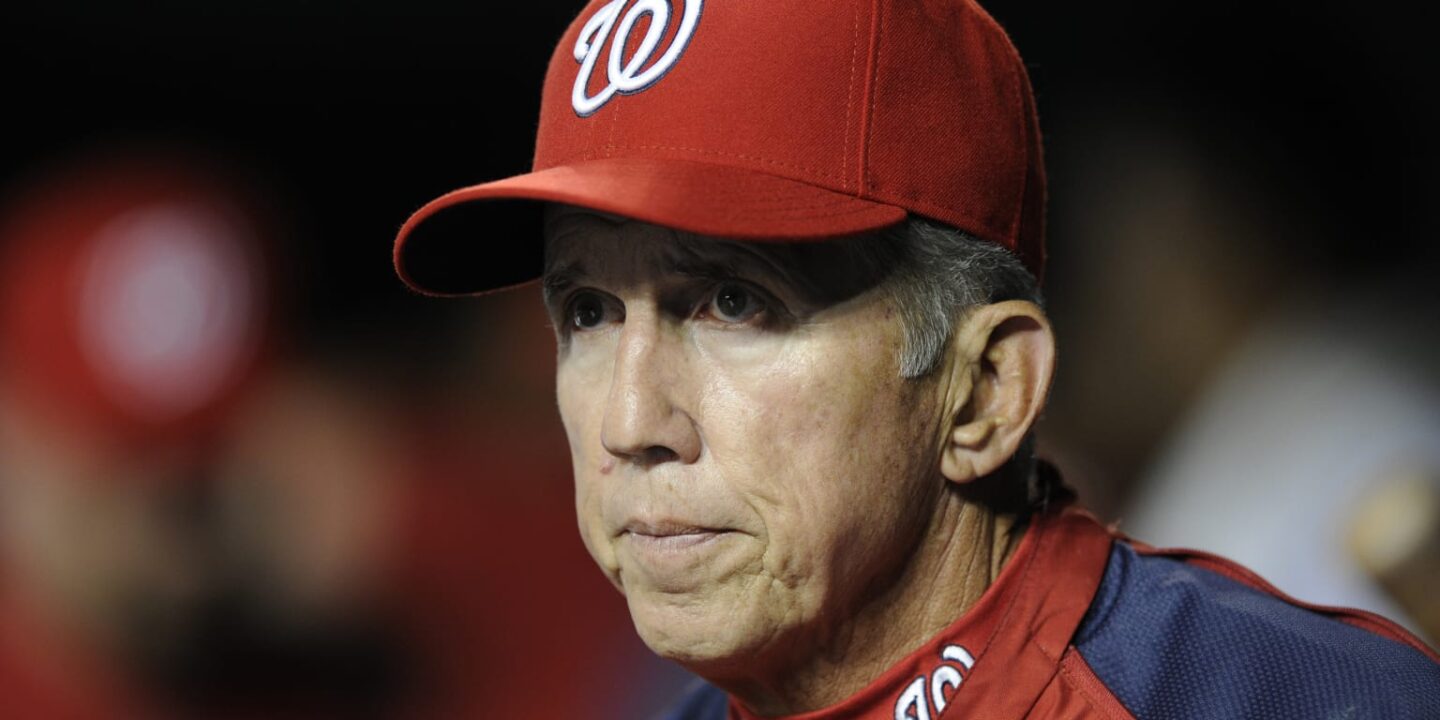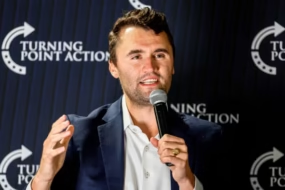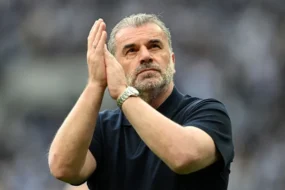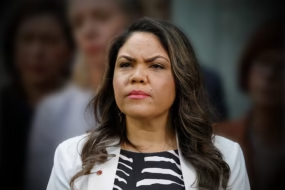Roots of Resilience
Growing up as the son of a decorated World War II tank commander, Johnson absorbed lessons of toughness and responsibility he only fully understood in adulthood. Raised on army bases around the world and ultimately settling in San Antonio, he honed athletic and intellectual skills that propelled his baseball and leadership journeys.
Climbing Through the Orioles System
Johnson played shortstop at Texas A&M, then completed a mathematics degree at Trinity University. In 1962, he signed with the Baltimore Orioles and debuted in the majors in 1965. By 1966, he was the Orioles’ starting second baseman and helped lead the team to a World Series win, even recording the final hit off Sandy Koufax.
Across his playing career with Baltimore, Atlanta, Japan, and beyond, he compiled a .261 average, 136 home runs, and three Gold Gloves.
Brains Behind the Glove
Johnson’s math degree led him to build computer-driven statistical models as early as the 1970s, laying the groundwork for modern sabermetrics. His forward-thinking approach earned him a reputation as one of baseball’s early analytical pioneers.
A Power Surge in Atlanta and an Overseas Chapter
A trade to the Braves in 1973 unleashed a different side of his game: Johnson belted 43 home runs in a single season, joining a historic trio with Hank Aaron and Darrell Evans.
He later ventured to Japan, playing for the Yomiuri Giants with mixed success, before returning to MLB for brief stints with Philadelphia and Chicago.
Preparing to Lead
Post playing, Johnson’s curiosity led him to study new fields and earn licenses—from flying to scuba diving. Circled by opportunities, he turned instead to managing in the minors, ultimately earning a reputation for being both smart and approachable.
The Mets and That Legendary Speech
Taking over the New York Mets in 1984, Johnson transformed a long-suffering franchise. At spring training on February 26, 1986, he famously rallied his team with three unforgettable words:
“This is our year. I know the Cardinals won last year but that’s done with. We’re not just going to win, we’re going to win big. We’re going to dominate.”
The result? The 1986 Mets won 108 regular-season games, swept the Cardinals, and survived two dramatic elimination games—including Game 6 of the World Series—on their way to a championship.
Fellow members of that era went on record to praise his influence:
“Davey Johnson was the greatest manager I ever played for,” said Darryl Strawberry. “He believed in us… He was one of us.”
“Without a doubt he saved my career,” added Keith Hernandez.
“He took a chance on me when I was 19,” reflected Dwight Gooden.
Winning Everywhere He Went
Over a 17-season managerial career, Johnson posted a remarkable 1,372–1,071 record—a .562 winning percentage, ranking among the top in MLB history for managers with at least 1,300 wins.
He led five different franchises—the Mets, Reds, Orioles, Dodgers, and Nationals—to winning records and postseason appearances.
He earned Manager of the Year awards twice: with the Orioles in 1997 and the Nationals in 2012, the latter while guiding Washington to its first playoff berth since relocating.
Legacy of Confidence and Innovation
Johnson married bold confidence with compassion: he trusted players to express themselves while holding them to high standards. He blended analytics with intuition and elevated player performance through belief and clarity. His legacy is etched in the game’s evolution.
Tributes poured in from teammates and colleagues. Jim Palmer called him “a friend, teammate and confidant,” and Mike Rizzo hailed him as “one of the great baseball minds of all time, a forward thinker with an old-school soul.”
Enduring Legacy
Johnson’s life was one of resilient transformation. He went from military-base childhood to championship player, from math-nerd to pioneering manager. He was a four-time All-Star, three-time Gold Glove winner, and a three-time World Series champion as both player and manager.
His influence continues wherever managers use data to guide instincts and where players thrive under leaders who understand both the game and the human spirit.









No Comments